Netflix’s Squid Game has returned with its highly anticipated second season, and we fans can breathe a sigh of relief– it’s as gripping, horrifying, and emotionally devastating as ever. Director Hwang Dong-hyuk has not only lived up to the lofty expectations set by the groundbreaking first season but has also elevated the series into a cultural phenomenon that is as much about entertainment as it is a mirror to the real world itself. Overall, Squid Game 2 serves as a storytelling masterpiece, while also providing incredibly raw social commentary on the economic and moral issues of our time.
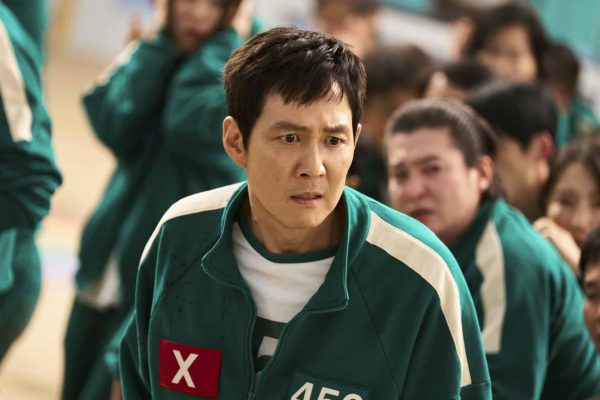
At the heart of Squid Game is Seong Gi-hun (played impeccably by Lee Jung-jae). Season 2 picks up where the first left off, with Gi-hun, the once-winner of the first iteration of the deadly competition, now determined to take down the organization behind the games. Haunted by the horrors he endured, Gi-hun’s journey is about achieving justice. The show digs into his struggle to reconcile his newfound wealth with the moral compromises it represents, and Lee’s portrayal of this internal struggle is nothing short of masterful.
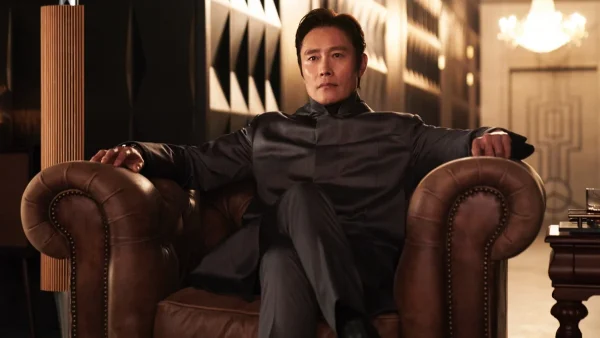
Hwang In-ho, the enigmatic and ruthless Frontman (played flawlessly by Lee Byung-hun), has one of the most compelling character arcs this season. Despite being the orchestrator behind the competition, he disguises himself as Player 001 and enters the game– not only to maintain control, but to manipulate the players personally.
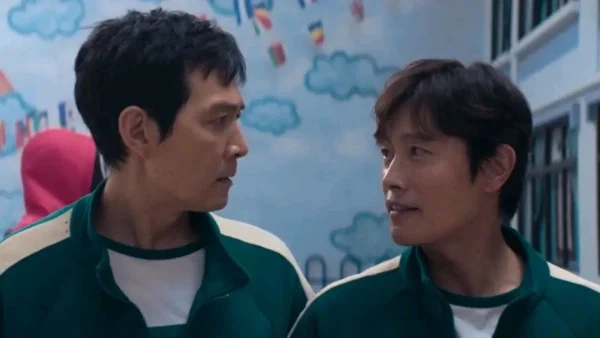
However, as In-ho bonds with Gi-hun, posing as a fellow player, his true emotions become harder to ignore. There are moments where In-ho seems to genuinely like Gi-hun, almost rooting for him as the games unfold. His actions suggest a growing respect for Gi-hun’s resilience and determination, which stands in stark contrast to the cold brutality he’s accustomed to. It’s as though, in Gi-hun, In-ho sees a reflection of his own humanity that he’s long suppressed under the violence of the game. This inner conflict makes In-ho’s character even more compelling– he’s both the architect of destruction and, in some ways, a supportive witness to Gi-hun’s fight for justice.
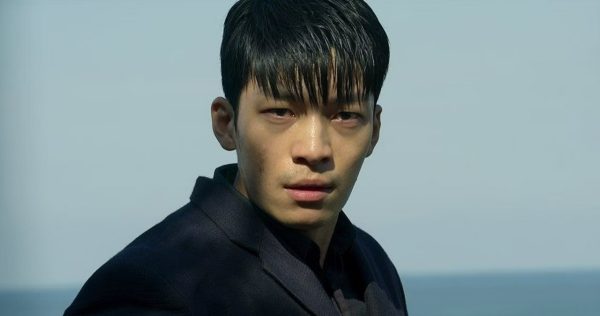
Additionally, the fan-favorite character of Hwang Jun-ho (played exquisitely by Wi Ha-joon) returns in season 2 after surviving a gunshot wound from his brother, In-ho (the Frontman), in the previous season. Jun-ho returns with a singular focus: to dismantle the organization behind the deadly games. However, his mission is complicated by the emotional weight of his brother’s betrayal. While Jun-ho still harbors a deep love for In-ho, he is unable to reconcile his brother’s actions with the cruelty of the games, and this inner conflict becomes one of the most riveting aspects of the season.
Now, beyond its unforgettable characters and captivating storylines, what truly elevates Squid Game, particularly in season 2, is its potent and incisive social commentary. The players, from all walks of life, are once again thrust into a deadly competition, but the focus is not just on their ability to outwit or outlast the other contestants. Instead, the show emphasizes a much more uncomfortable reality– that survival in these games, much like in real life, is often determined by wealth, social status, and access to resources, not just skill or luck.
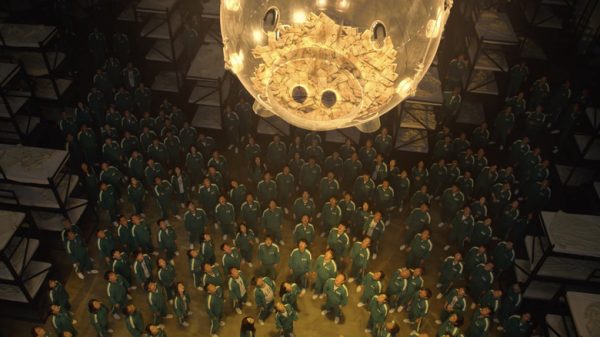
The narrative of Squid Game Season 2 delves even deeper into its criticism of capitalism, wealth inequality, and the reality of today’s economic system. The games themselves have become a metaphor for the way society forces its most vulnerable members into brutal and dehumanizing situations simply to survive. The show’s portrayal of contestants from every socio-economic background competing in increasingly violent and manipulative games stresses a profound truth: the rules of survival are rigged. The rich remain untouchable, ensconced in their privilege, while the poor are left to fight amongst themselves for the scraps that remain. This imbalance of power and opportunity is at the core of the series, and the competition is a reflection of the very real power dynamics at play in our world, where resources are hoarded and those who lack them are forced into a perpetual struggle for survival.

In season 2, the show’s commentary on capitalism feels sharper and more urgent than ever. The games serve as an unsettling mirror of the capitalist system. They expose the way in which those at the top remain insulated from the cruelty that the rest of society faces. The players, many of whom are trapped in cycles of debt, poverty, and despair, must gamble everything (literally their lives) just to have a shot at a better future. This fight for survival is not just about winning the game; it’s about the impossibility of escape from a system that thrives on inequality and exploitation. The world of Squid Game may be fictional, but its critique of society’s economic structures feels all too real.
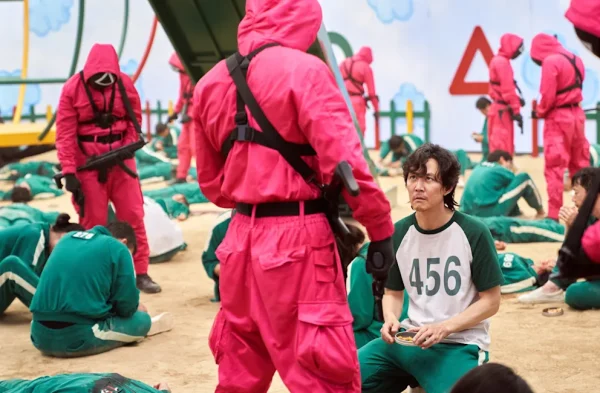
I am, without a doubt, in awe of the brilliance of Squid Game. The series is a masterclass in suspense, social commentary, and character development, delivering far more than mere entertainment. It forces viewers to confront uncomfortable truths about the world we live in. With powerful performances from Lee Jung-jae, Lee Byung-hun, Wi Ha-joon, and many others, the show not only offers an immersive viewing experience but also delivers a critique of the real-world systems that perpetuate such kinds of inequality and exploitation.
Overall, Squid Game remains one of the most thought-provoking, thrilling shows on television, and with its incredible second season, it continues to push boundaries in both storytelling and social critique. Season 3 is set to release this June, and I have no doubt that it will continue to captivate audiences (including myself) like never before.



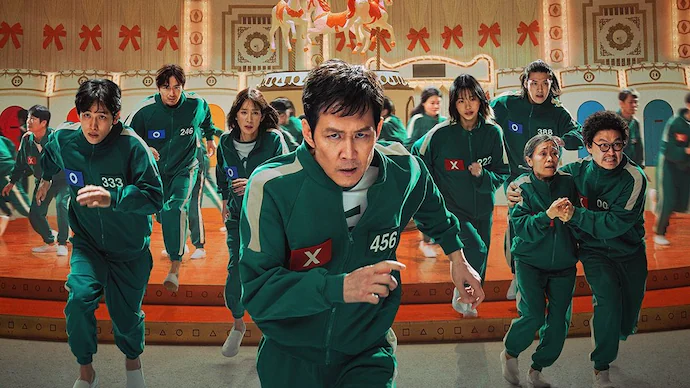



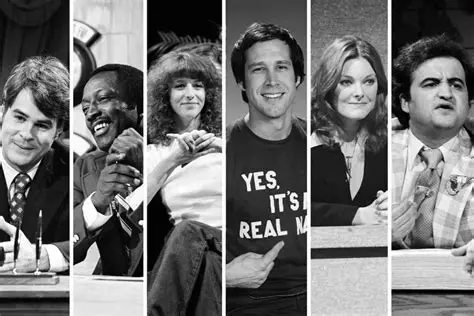










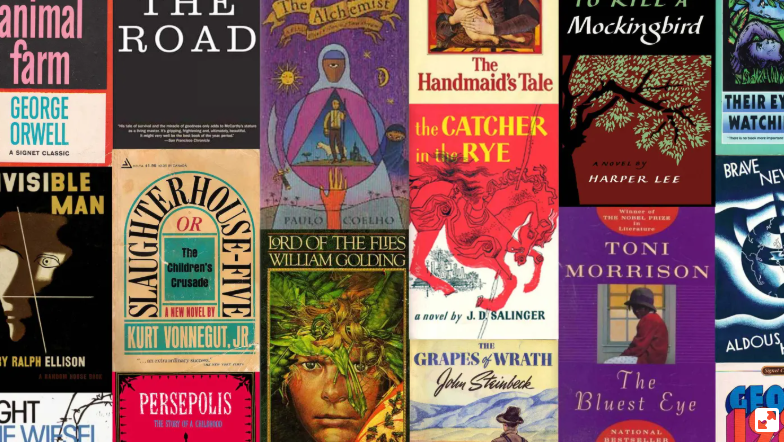

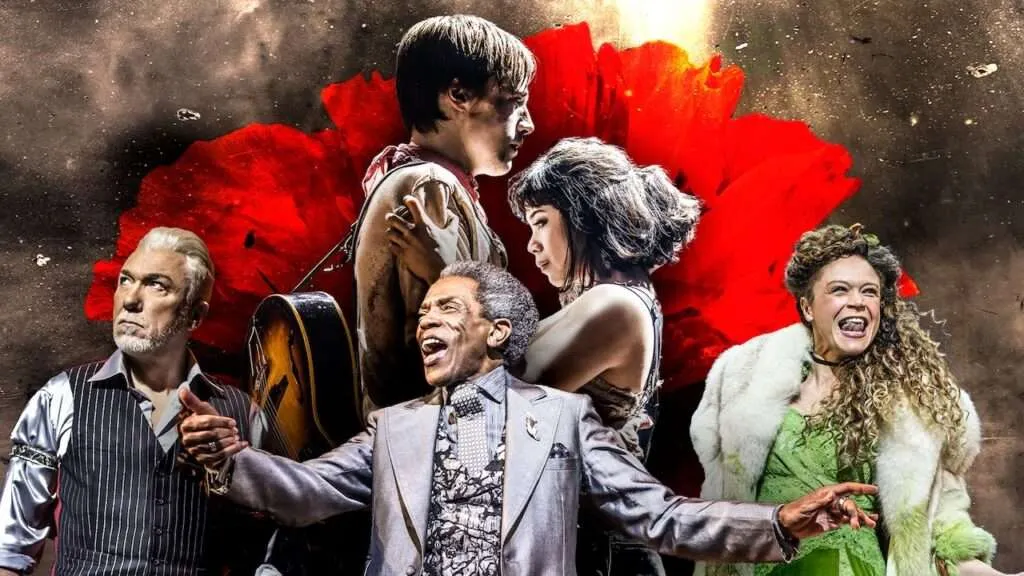

Donovan Wein • Jan 10, 2025 at 8:00 am
I LOVE SQUID GAMES!!!!